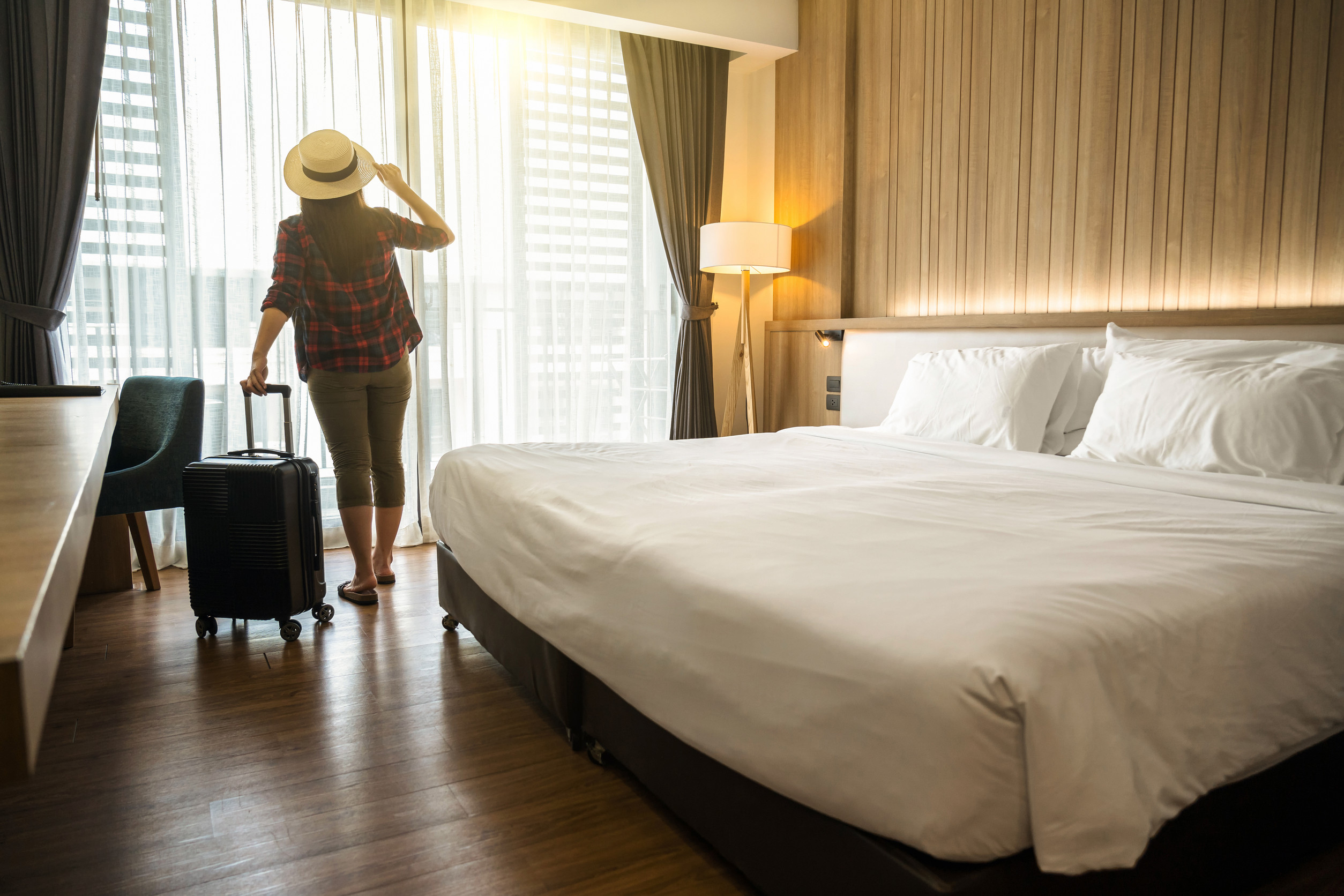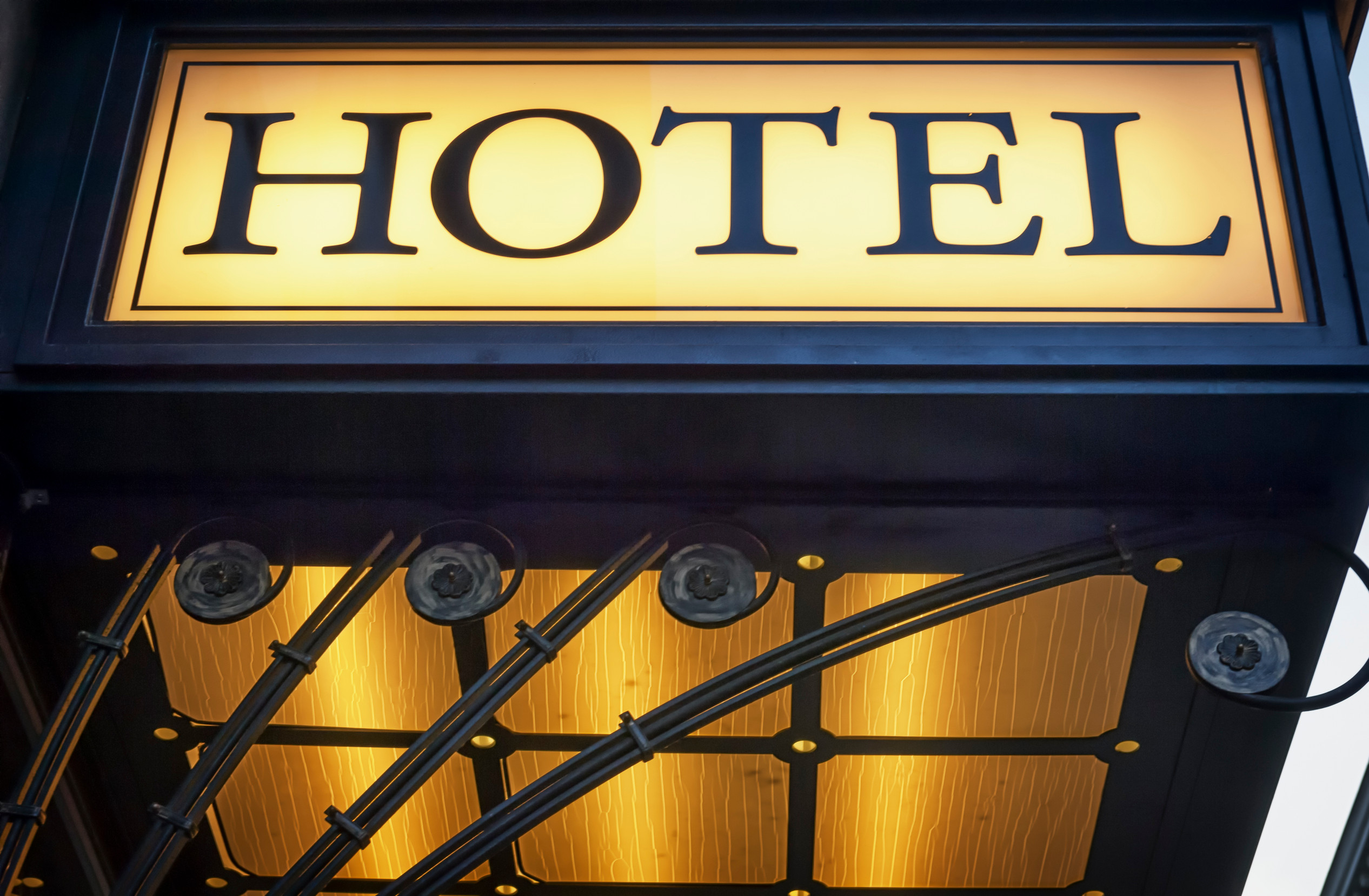
It might sound like something out of a detective movie, but extended stay hotels quietly monitor guests in ways that could feed into law enforcement reports. The world of long-stay lodging blends comfort with surveillance and understanding what goes on behind the scenes is more important than ever. Even when staying under the radar, guests may unknowingly generate data that triggers official scrutiny.
The purpose here is to explore how extended stay hotels gather information on guest behavior, how they may interact with authorities, and what that means for privacy. Strap in for an exciting, fun, and informative ride through the lesser-known side of extended stay hospitality.
Guest Registration and Identification Verification
Extended stay hotels require government issued identification and may use automated systems to scan and record that information at check in. The captured data often includes full legal names, date of birth, photo IDs, and sometimes credit history. That information remains on file, tied to the room number and reservation records, and can be easily accessed.
If law enforcement requests it, hotels can provide copies of these documents along with timestamps of arrival. This creates a baseline profile that may be included in official reports.
Monitoring of Room Access and Keycard Usage
Hotel systems log every time a keycard unlocks a guest room door as well as entries into shared facilities. Those access logs include date, time, and sometimes staff override entries into rooms for maintenance or housekeeping. These records are kept in digital form and can be matched with surveillance footage or staff notes if needed. Law enforcement inquiries can prompt hotels to extract access patterns, showing when someone came and went. This can highlight suspicious activity or corroborate or refute reported incidents.
Surveillance Cameras in Public Areas
Common areas like lobbies, hallways, parking lots, and lounges are often outfitted with surveillance cameras that run continuously. Video footage is stored on internal servers or cloud systems for a defined retention period, varying by hotel policy and jurisdiction. If there’s a police request, hotels may share footage capturing suspect movement, interactions with others, or incidents in communal zones. These visuals can be critical in investigative reports or court documents. This contributes to a digital record of guest behavior beyond just paper logs.
Incident Reports and Internal Notes
Staff often create incident reports when unusual behavior occurs—complaints, noise violations, suspected illegal activity, or missing items. Those reports include dates, times, written observations, guest identity, and actions taken. Incident logs may also document how staff responded and whether security or police were contacted.
Those internal notes can be provided to law enforcement if subpoenaed or voluntarily shared under a cooperation policy. This mechanism turns day?to?day hotel staffing decisions into structured evidence of behavior patterns.

Payment Records and Financial Tracking
Payment method, cardholder name, transaction history, and billing details are tied to each guest’s reservation. Extended stay hotels may keep track of repeated charges, declined payments, or changes in payment form during a stay. If authorities investigate illicit financial transactions or identify fraud, payment logs serve as proof of identity and financial behavior. Law enforcement can request those records to trace money flow or confirm if a particular individual stayed. This adds transparency around financial behavior tied to occupancy.
Guest Communications and Digital Footprint
Some extended stay hotels provide onsite WiFi access that may require login credentials tied to the reservation. That creates records of usage times and online devices connected, though specific web browsing history is typically not stored. Internal messaging systems, such as guest requests via an app or kiosk, are also retained. If law enforcement issues a legal order, records of communications between guest and staff can be included. Those logs show digital interaction patterns during the stay.
Collaboration with Local Law Enforcement
Some hotel chains maintain formal policies to cooperate with local police, especially in larger cities or sensitive regions. These policies spell out when staff should notify authorities, preserve certain records, or share surveillance material. Requests may range from emergency assistance to information sharing for ongoing investigations. Hotels may proactively communicate suspicious behaviors to authorities even before receiving a formal subpoena. That creates real time behavioral tracking with potential law enforcement involvement.
Data Retention and Privacy Policies
Hotel privacy policies typically specify how long guest data is retained, including ID scans, footage, access logs, and incident reports. Retention periods vary by jurisdiction as well as corporate policy, with some data held for months and others for years. Policies also state under what circumstances law enforcement can access data—usually with subpoena, warrant, or explicit guest consent. Understanding these policies helps clarify what data may linger long after checkout. That contextualizes how extended stay hotels become de facto repositories of behavioral records.
Legal Standards and Guest Rights
Most jurisdictions require the hotel to comply with formal legal process (subpoena or warrant) before releasing sensitive guest information to police. Some countries or regions may demand immediate cooperation in emergencies or under anti-terrorism statutes. Guests may have rights to access portions of their own data or to contest retention policies, depending on local privacy laws. Awareness of those legal protections helps frame the limits of what behavior tracking can be shared. That balance between security assistance and personal privacy shapes how hotels handle data.
Implications for Guests and Privacy Protection
Knowledge of surveillance and tracking practices empowers guests to make informed choices about extended stay accommodation. Choosing hotels with transparent data practices or minimal monitoring can reduce digital baggage. Requesting temporary use cards, limiting optional digital requests, or avoiding on site Wi Fi login can reduce metadata footprint. Guests should review privacy statements and understand what records are generated during their stay. Being conscious of how behavior is tracked allows for proactive management of personal privacy risk.
Emerging Technologies and Future Trends
Newer extended stay hotels are adopting facial recognition for streamlined check in or security access control. Some properties are experimenting with smart room sensors that monitor occupancy patterns or detect motion. Cloud based systems increasingly centralize guest behavior data across properties in real time. Integration between hotel systems and local law enforcement communication tools may further accelerate data sharing. These cutting-edge technologies heighten the need for clear guest awareness and stronger policy frameworks.
Potential Risks of Misinterpretation and Errors
Data logs can sometimes misrepresent context—access recorded during maintenance or cleaning may look like guest movement. Cameras might capture innocent interactions that are later interpreted as suspicious out of context. Incident reports based on subjective staff observations may escalate into official actions unjustly. Incomplete or corrupted payment records could trigger alerts or fraud investigations. Recognizing that imperfect data can have consequences underscores the importance of fair data handling.
Best Practices for Guests and Hoteliers
Guests should inquire about data retention policies and the scope of surveillance at check in or via written policy. Hoteliers can maintain transparent signage and clear explanations of guest tracking practices. Providing opt out options for services like optional Wi Fi login or mobile guest apps increases trust. Regular audits of data retention and law enforcement request protocols help ensure compliance and fairness. Aligning operations with privacy standards while supporting security fosters mutual respect between guests and hosts.
Consequences for Law Enforcement Reports
When behavior data is assembled from ID scans, access logs, surveillance footage, incident reports and payment history, it forms a rich dossier. That compilation can be submitted in law enforcement reports as supporting evidence or leads. If data suggests patterns of concern—frequent comings and goings at odd hours or repeated communications with staff—that can shape police interviews or investigation scope. Data from hotels can corroborate or challenge statements from suspects or witnesses. Ultimately, extended stay hotels become key nodes in building investigatory narratives.
Can The Tracking Be Stopped?
How extended stay hotels track your behavior matters in an age where surveillance touches all corners of daily life. Guests and hoteliers alike benefit from understanding how data is gathered, stored, and occasionally shared with authorities. Balancing security, transparency, and privacy creates smarter experiences and more trust. Understanding this behavior tracking allows guests to make informed decisions about where and how they stay.
What are your thoughts on these tracking practices? Share comments or questions below—thoughts are welcome and discussion is encouraged.
Read More
The 8 Most Luxurious Hotels in America Ranked by Service and Amenities
7 Staycation Ideas That Are Better Than an Expensive Vacation
The post How Extended Stay Hotels Track Your Behavior for Law Enforcement Reports appeared first on Everybody Loves Your Money.







